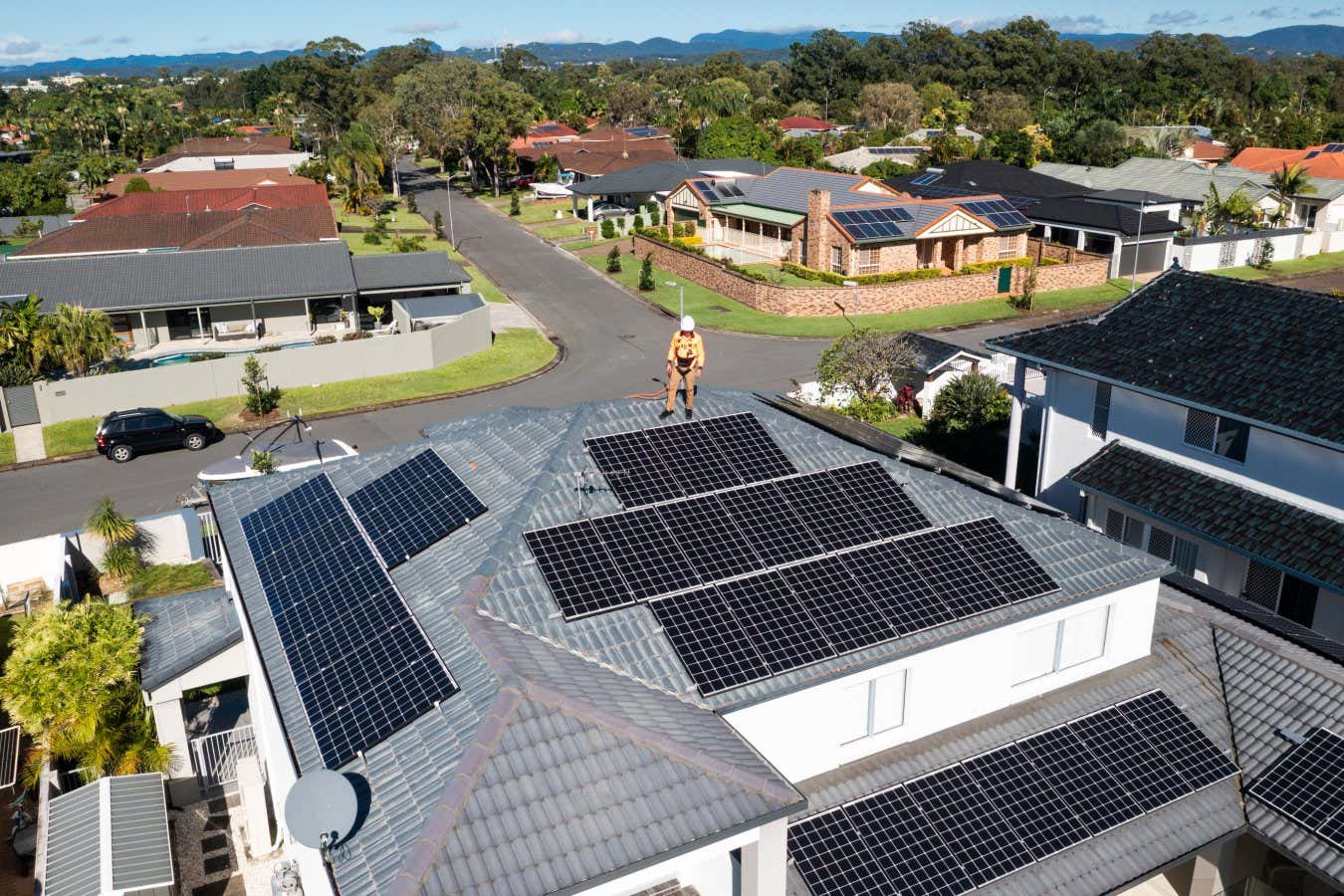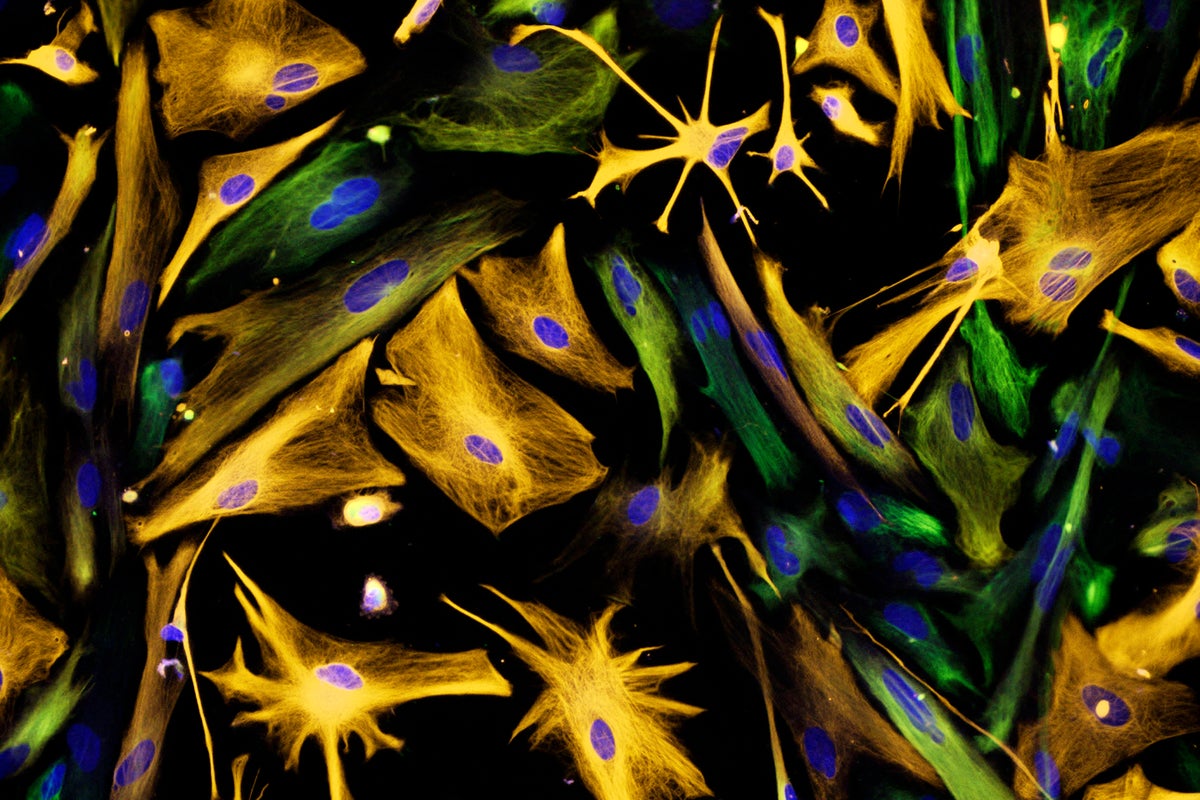Now Reading: Solar Panel Cyberattacks Pose Threat to Power Grids
1
-
01
Solar Panel Cyberattacks Pose Threat to Power Grids
Solar Panel Cyberattacks Pose Threat to Power Grids

Quick Summary
- Power grids worldwide are increasingly vulnerable to cyberattacks due to reliance on home solar installations and smart inverters.
- Smart inverters convert direct current from solar panels into alternating current, optimize energy storage, and allow remote monitoring via the internet.
- These internet-connected systems pose cybersecurity risks not only to individual homes but also to entire power networks.
- Researchers from CSIRO (Australia) identified multiple hacking methods, including exploiting hardware/software vulnerabilities or embedding malicious code during manufacturing.
- even a small number of compromised smart inverters can disrupt power grids if vulnerabilities align,targeting critical processes like grid frequency control (e.g., maintaining 50 hertz in Australia).
- Grid disruptions could cascade into equipment damage and system failures if hackers destabilize frequency regulation mechanisms.
- Many smart inverters have long lifespans (upward of 15 years), increasing risks as their cybersecurity defenses become outdated over time.
- Experts recommend better oversight by authorities, security validation for imported devices, compliance checks for maintainance/cybersecurity standards, and long-term support for device owners.
Image: A third of homes in Australia now have rooftop solar panels – zstockphotos/iStockphoto/Getty Images
Stay Informed With the Latest & Most Important News
Previous Post
Next Post
Loading Next Post...


























